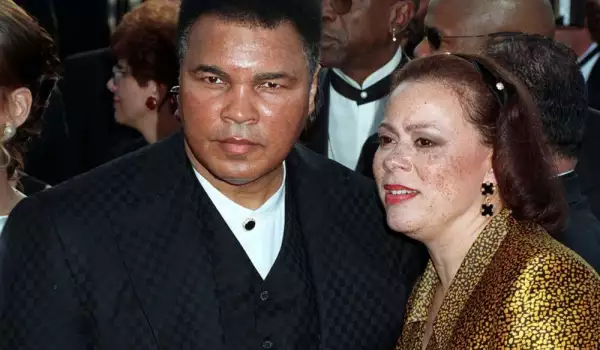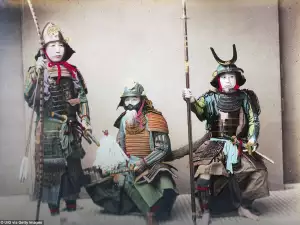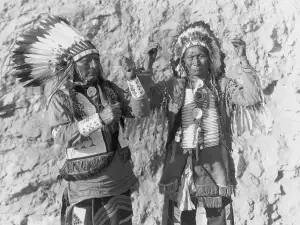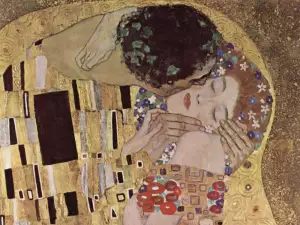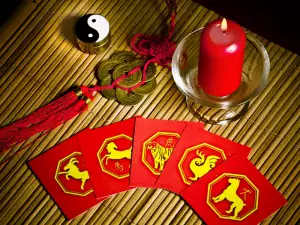So far, 2016 appears to be the worst when it comes to the world of show business. Since the beginning of the year we've lost David Bowie, Alan Rickman, Prince, and just recently we lost another legend - Muhammad Ali.
A world-class boxer, public figure, humans rights activist, Ali, born Cassius Marcellus Clay, Jr., died on June 3 after a prolonged battle with Parkinson's disease. In the eyes of nearly everyone, Ali was the greatest boxer of all time.
Here are a few facts from his remarkable life you may have never heard before:
His birth name - Cassius Clay - Ali received in honor of a white farmer living in the 19th century who freed, educated and provided work for the 40 slaves he inherited from his father.
Muhammad Ali is one of the most famous Americans in history. But he also has Irish roots. His great grandfather was an Irish man named Abe Grady, who emigrated to the US and started a new life in Kentucky in 1860. Ali's great grandfather then married a freed slave. The rest is history.
Ali took up boxing by chance. When he was a 12-year-old kid, older kids beat him up and stole his bike. He went to the police and told them about the theft. The police officer who filed the report also happened to be a boxing instructor at the local community center. He suggested that the boy sign up. Six weeks later, Ali won his first amateur boxing match.
After Ali defeated Sonny Liston in 1964 and took the World Heavyweight title, the new champion publicly confirmed that he had accept Islam. Inspired by Malcolm X, Ali initially changed his name to Cassius X.
Muhammad Ali refused to join the American army and take part in the Vietnam war. His declination was accompanied by the words, "No Vietnamese ever called me a nigger, " with which he shocked the Western press.
Because of his refusal to participate in the war, Muhammad Ali was prohibited from entering the ring for 3 years and all his championship titles were taken from him. The boxer was threatened with being sent to prison for 5 years.
During his 43-month ban from boxing, Muhammad Ali completely turned his back on the sport and went to... Broadway. The athlete earned the lead role in the musical Buck White. Unfortunately, the show was taken down after just 4 weeks. Despite this, critics and the public loved Ali.
That moment on July 19, 1996, when Muhammad Ali, with his hands shaking from Parkinson's, lit the Olympic Cauldron in Atlanta, is considered to be the most highly emotional moment in the history of sports.
On November 27, 1990, Muhammad Ali met with Saddam Hussein in Baghdad to negotiate the release of American hostages. A month later, the hostages safely returned to America, accompanied by the boxer who was applauded around the world.
